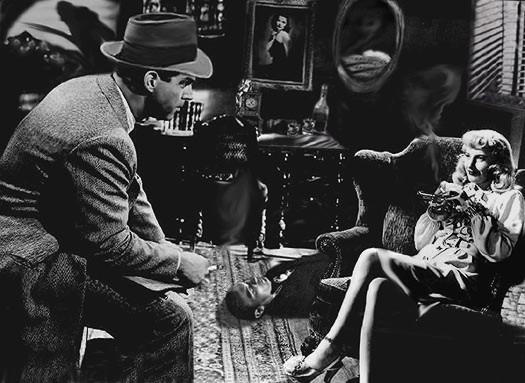
Everyone told me not to go see this but the stars, so to speak, aligned and I went. After all, Italian cinema is my thing--so it seemed right that I should witness what a mostly American remake of one of the greatest films of all time might offer. While I sat watching the film in the splendiferous Ziegfeld cinema on 54th Street in Manhattan, (this did help matters slightly), at any given moment I couldn't decide if I should laugh or cry or leave. This film was so bad it almost became good by the sheer force of how perfectly bad it was. But ultimately it was just an excercise in butchery. In a nutshell, the film is a remake of a broadway musical (luckily I missed this) remake of Fellini's "8 1/2" about a movie director's creative crisis while trying to make his ninth film. Now the hubris and ambition of such a cockamamie idea is impressive, but how is it possible to make a movie about Italians, and about the heyday of Italian filmmaking, and do it without a modicum of irony and with a smothering of earnestness? What were they thinking? The levels of irony in Italian culture and the Italian national character are so deep, chronic and labyrinthine that perhaps we'd do better just to leave that aspect out? Let's not go there? And casting Daniel Day Lewis in the role of Marcello Mastroianni is tantamount to casting casting Arnold Schwarzenegger as Casanova, Jim Carey as Einstein. Daniel Day Lewis may be a Great Actor but self-doubt is just not in his repertoire and nor is the boyish charm of a rogue women adore to indulge. And just about everything else was wrong: the script, the set, the direction, the editing, the costumes, the musical numbers (even Fergie was a travesty! And I love her!). Nevertheless, it was diverting to watch so much extraordinary female talent and beauty make what it could out of such dreadful material. And each diva, though painful to watch, acquitted herself well, with Marion Cotillard (playing Giulietta Masina) taking the lead since her role was in many ways the easiest (wronged but stoic wife--who doesn't sympathize with that?). Oh and Judy Dench kept trying to save the day until she was utterly thwarted by her number about the Folies Bergere (and we know just how much the Italians love the French so if anyone had any questions as to the appropriateness of this song choice stop asking them now.) Other more pertinent questions I kept asking myself: Whose face was tighter Sophia Loren's or Nicole Kidman's? Did Penelope Cruz actually sing? (I think not.) How many unmemorable songs can fit into one musical? Could it be that Kate Hudson actually outshone all that Diva power? Wonders never cease. Need I mention that the film was blatently sexist and racist? Oh, I forgot, we're in a post-caring-about-those-things society.


